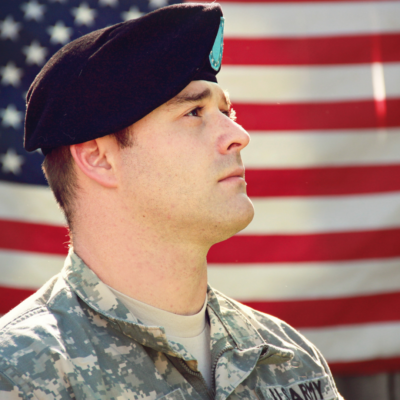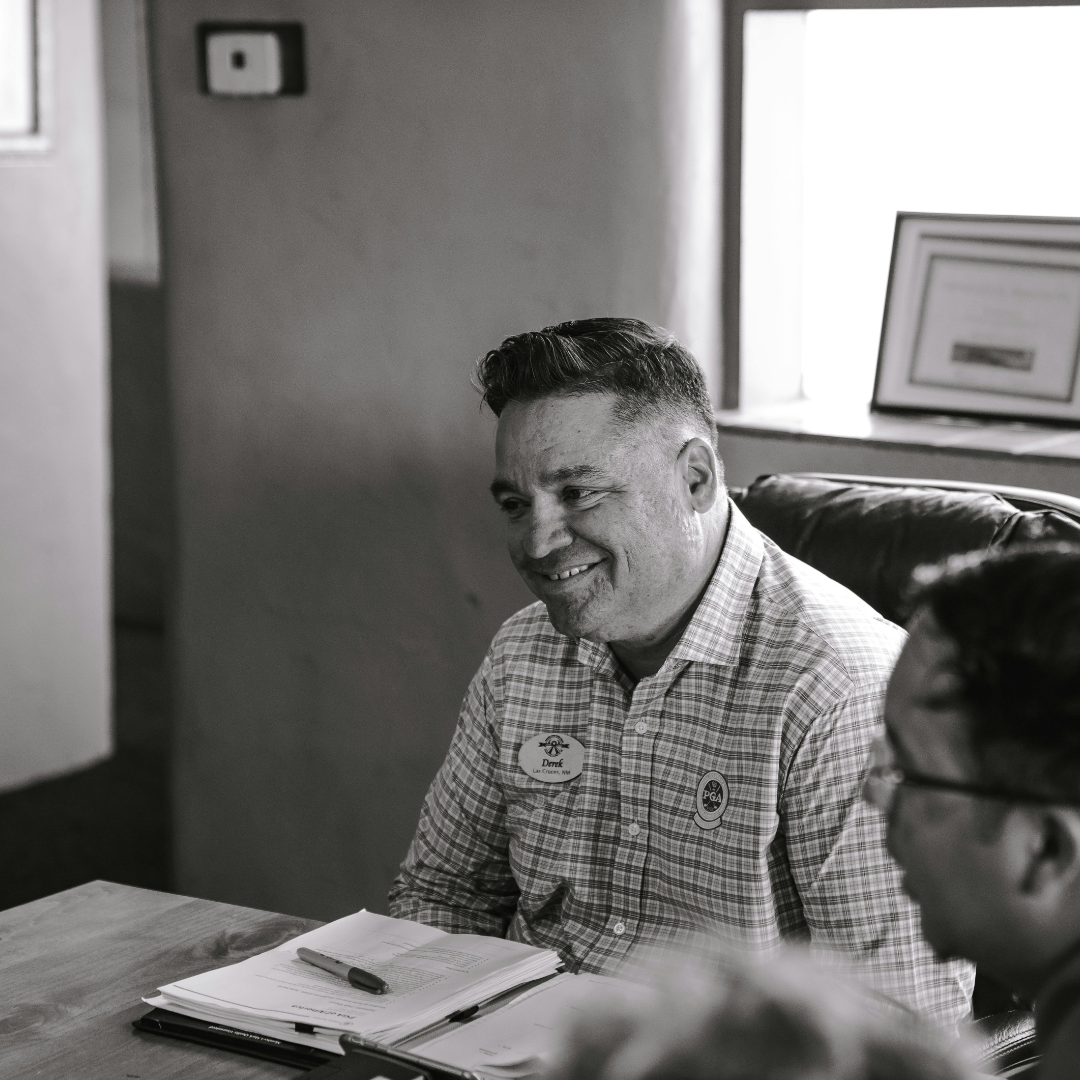Addressing the Unique Needs of Veterans in Rehab

Addressing the Unique Needs of Veterans in Rehab
Our veterans are the brave individuals who have stood at the frontlines to protect our nation’s freedom and security. Their service often involves immense sacrifices, but when they return to civilian life, some veterans find themselves battling a different kind of foe: substance abuse. Addressing the unique needs of veterans in substance abuse rehab honors their service and helps them reclaim their lives.
The Distinctive Challenges Veterans Face
The transition from military service to civilian life is a significant life change. Veterans, accustomed to the structure and discipline of the armed forces, may struggle to find their footing in a society that can sometimes feel disjointed and unfamiliar. This transition is compounded by the emotional and psychological scars that many veterans carry, stemming from their experiences in the service.
Trauma-Informed Care
Veterans often carry the heavy burden of trauma, resulting from combat experiences and the harsh realities of military life. To effectively address substance abuse in veterans, it’s crucial to employ a trauma-informed approach. This means understanding that the trauma they’ve endured may be at the root of their addiction. Rehab programs designed for veterans prioritize identifying and treating these underlying causes, allowing for comprehensive healing.
Mental Health Integration
A significant proportion of veterans also grapple with mental health issues, such as post-traumatic stress disorder (PTSD), depression, and anxiety. These conditions can often co-occur with substance abuse. Integrated care that addresses both substance abuse and mental health is crucial. Veterans’ rehab programs typically offer psychiatric evaluations, medication management where necessary, and a range of evidence-based therapies tailored to individual mental health needs.
A Holistic Approach to Healing
Healing for veterans often requires a holistic approach. In addition to therapy, these programs focus on physical fitness, proper nutrition, and mindfulness practices such as meditation. Engaging in physical activities and adopting a healthier lifestyle can empower veterans to regain control of their lives and promote overall well-being.
The Power of Peer Support
Group therapy sessions are a vital component of veterans’ rehab programs. The bonds formed among veterans are unique and powerful, stemming from shared experiences and a profound sense of camaraderie. In group therapy, veterans can connect with peers who understand their struggles, creating a safe and supportive environment. This shared understanding can be a potent catalyst for healing and recovery.
Involving Families
Substance abuse affects not only the individual but also their loved ones. Veterans’ rehab programs often incorporate family therapy to mend strained relationships and provide a robust support system during recovery. The involvement of families can be instrumental in the rehabilitation process, fostering an environment of trust and understanding.
Reintegration and Support
Successful rehabilitation for veterans extends beyond addressing addiction. It includes helping veterans reintegrate into civilian life. Many veteran rehab programs offer job placement services, vocational training, and educational opportunities. These resources ease the transition to civilian life, helping veterans build a future free from substance abuse.
Our veterans have given so much to protect our way of life. By acknowledging and addressing the unique challenges that veterans face, we can help them overcome addiction, regain control of their lives, and embark on a healthier and more hopeful path. These heroes have served us selflessly; it’s time for us to serve them with compassion, empathy, and a deep commitment to their recovery and well-being.




